
How to get URL link on X (Twitter) App

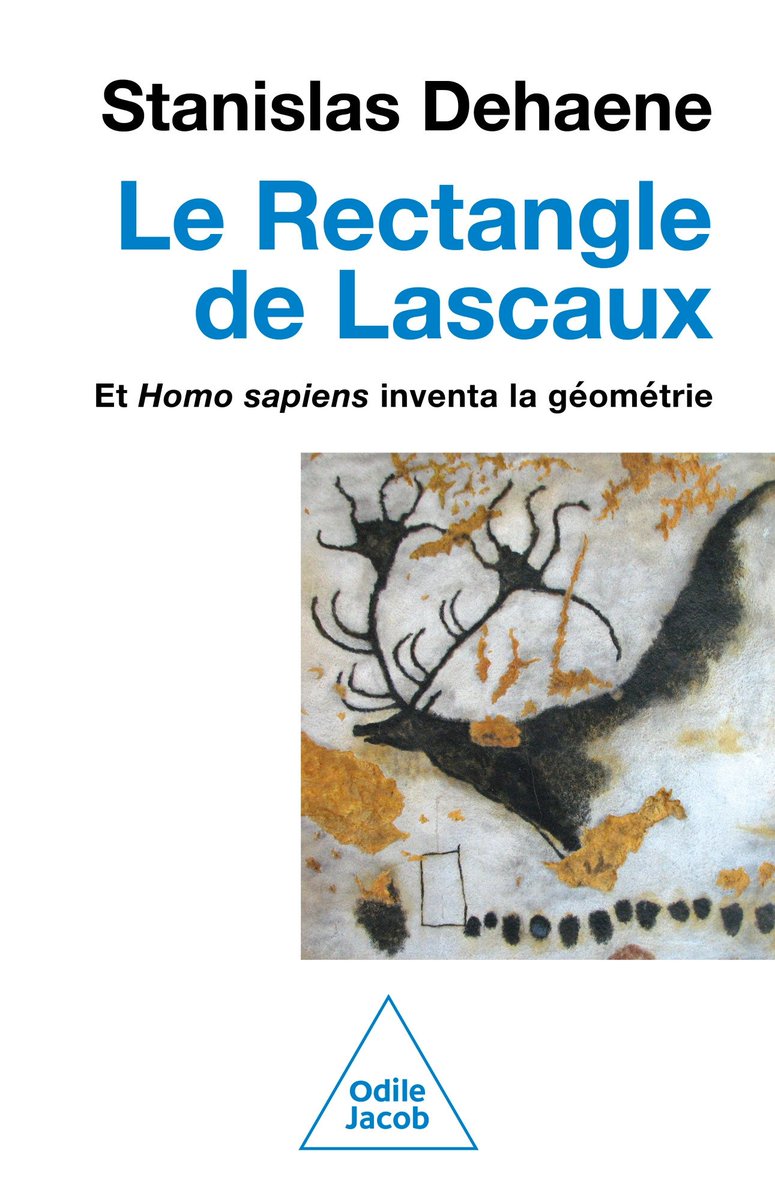
 Les premiers humains, avant d’esquisser des dessins réalistes, ont tracé des motifs géométriques : carrés, rectangles, cercles ou spirales, lignes parallèles, perpendiculaires. D’où viennent ces archétypes ? Pourquoi l’espèce humaine est-elle la seule à maîtriser la géométrie ?
Les premiers humains, avant d’esquisser des dessins réalistes, ont tracé des motifs géométriques : carrés, rectangles, cercles ou spirales, lignes parallèles, perpendiculaires. D’où viennent ces archétypes ? Pourquoi l’espèce humaine est-elle la seule à maîtriser la géométrie ? 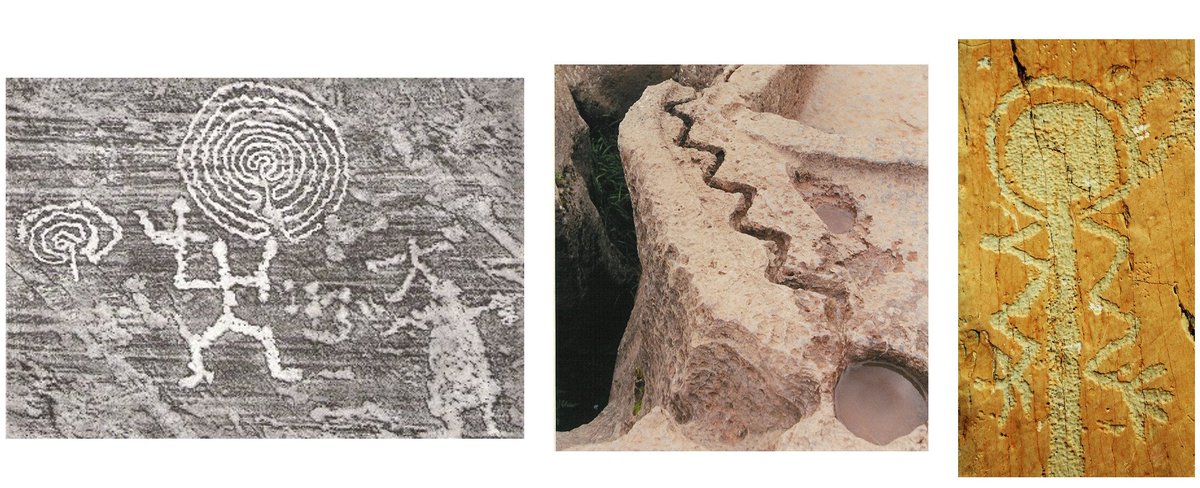
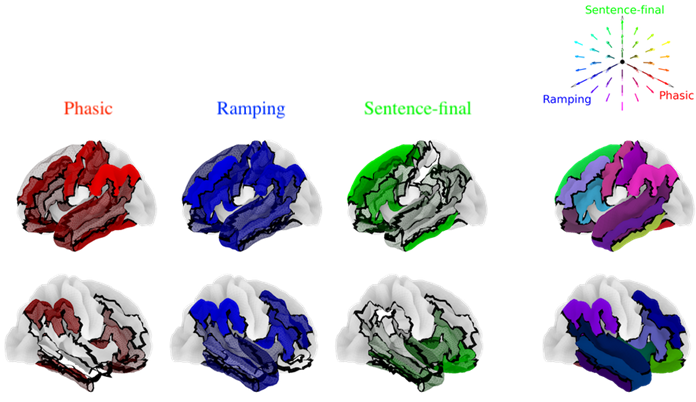
 We investigated how the brain represents the semantic composition of multiple words into a sentence using simultaneous MEG and intracranial EEG
We investigated how the brain represents the semantic composition of multiple words into a sentence using simultaneous MEG and intracranial EEG

 In the first course, I retrace the history of the debate between grand-mother cells versus neuronal vectors: Are mental representations localized or distributed ? From single-cell experiments to recent massive recordings
In the first course, I retrace the history of the debate between grand-mother cells versus neuronal vectors: Are mental representations localized or distributed ? From single-cell experiments to recent massive recordings
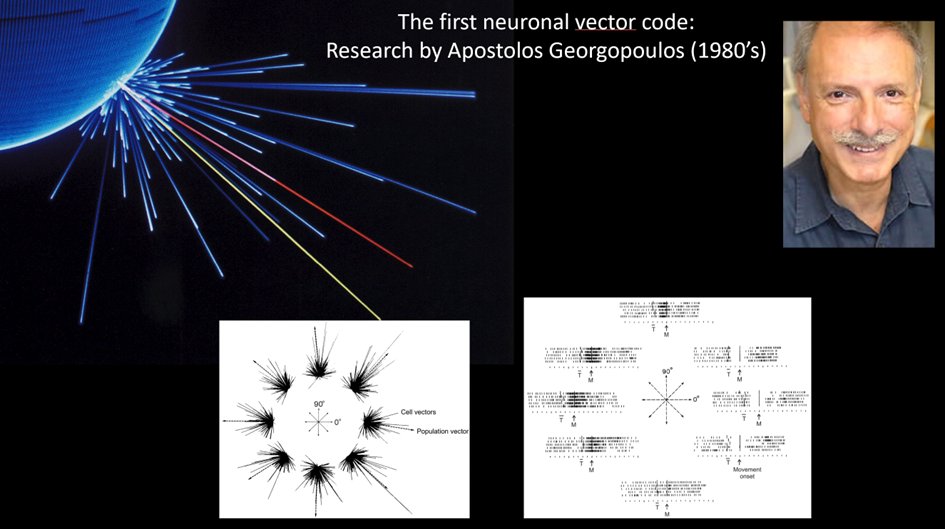



 A la suite des travaux princeps du Dr Lemoine à Nantes, le Dr Philippe Dehaene documente, avec son collège Crépin, les ravages que cause l'exposition du foetus à l'alcool pendant la grossesse.
A la suite des travaux princeps du Dr Lemoine à Nantes, le Dr Philippe Dehaene documente, avec son collège Crépin, les ravages que cause l'exposition du foetus à l'alcool pendant la grossesse.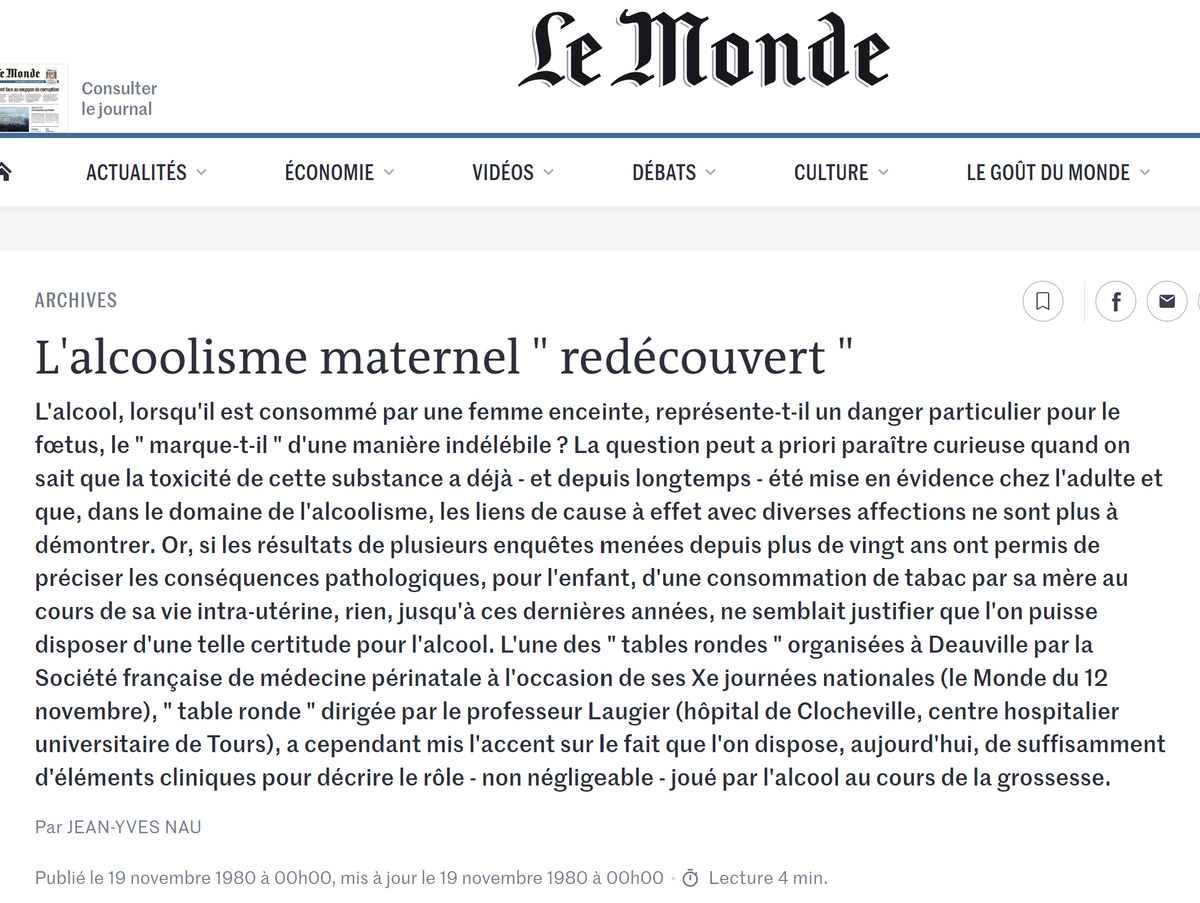
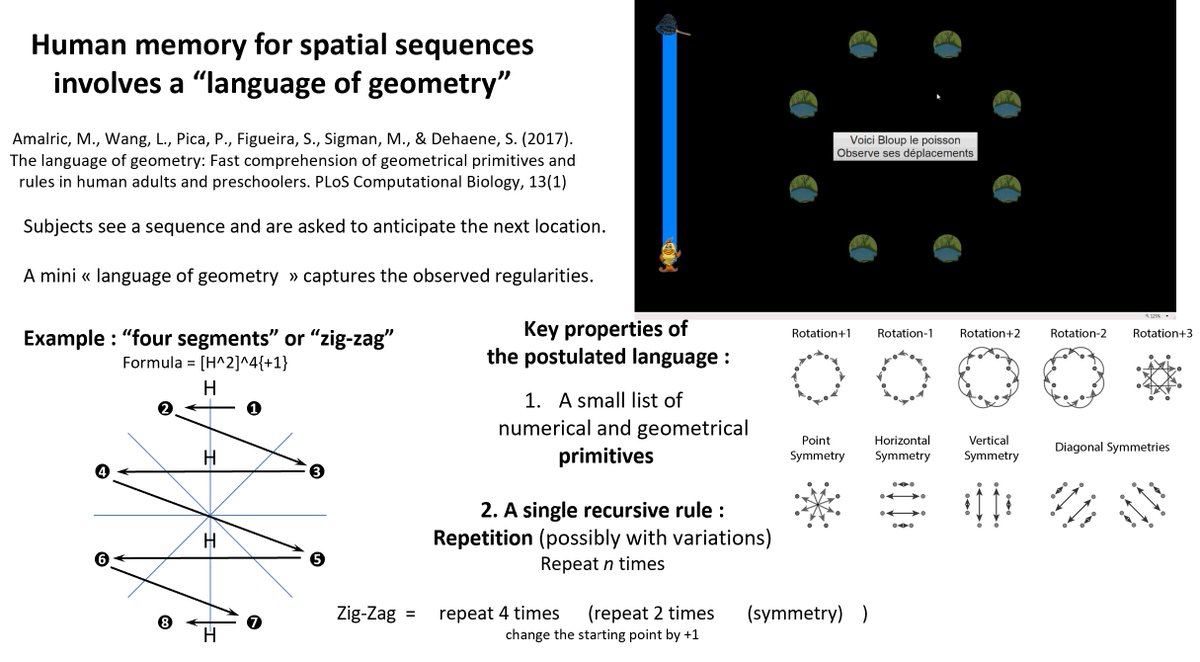
https://twitter.com/LiPingWangION/status/1489811700237086723In previous work, Liping, Marie Amalric, I and others showed that, when humans memorize a spatial sequence, they are very sensitive to its geometrical organization -- for instance they remember a zigzag, or two squares, much better than a random sequence.

 We try to account for a uniquely human trait: the capacity to conceive, draw, and build geometric structures, at all scales. We propose that this singular faculty requires a LANGUAGE OF THOUGHT, an internal system for composing geometrical primitives.
We try to account for a uniquely human trait: the capacity to conceive, draw, and build geometric structures, at all scales. We propose that this singular faculty requires a LANGUAGE OF THOUGHT, an internal system for composing geometrical primitives. 

 La première chose à savoir, c’est que « le numérique » n’est pas un remède magique aux difficultés de l’éducation.
La première chose à savoir, c’est que « le numérique » n’est pas un remède magique aux difficultés de l’éducation.

https://twitter.com/franceinter/status/1221123140769718273Je suis un scientifique bénévole, je ne suis pas employé par l’éducation nationale, et je venais parler d’un livre collectif qui résume deux ans de travail de 21 scientifiques sur la science de l’apprentissage, l'expérimentation, et la comparaison internationale.

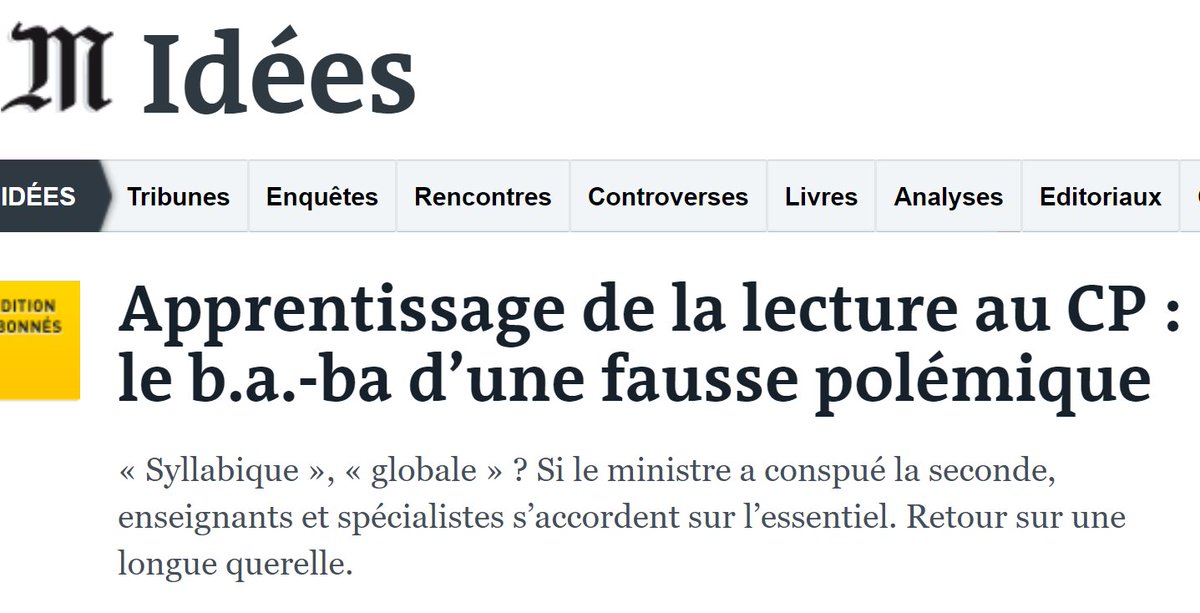
 1. Toutes les études, dont celle de Goigoux, montrent l'importance cruciale de progresser rapidement en décodage. C’est l’objectif majeur du premier semestre de CP. Le pianiste fait des gammes, le tennisman fait du mur, le jeune lecteur apprend à décoder vite et bien.
1. Toutes les études, dont celle de Goigoux, montrent l'importance cruciale de progresser rapidement en décodage. C’est l’objectif majeur du premier semestre de CP. Le pianiste fait des gammes, le tennisman fait du mur, le jeune lecteur apprend à décoder vite et bien.